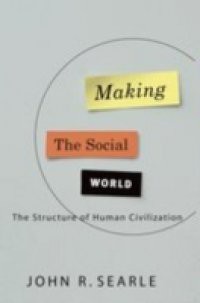The American people generally perceive that the United States is headed in ';the wrong direction,' US influence worldwide is waning, Capitol Hill is not adequately representing the public's interests, and their personal economic wellbeing is in jeopardy. This book squarely tackles the list of ';fault lines' currently facing the United States, including, among others, Beltway dysfunctionalism, concentrated wealth and income not seen since the late 1920s, an ultra-expensive and inefficient health-care system, runaway entitlement spending, stagnant upward mobility, debilitating ';crony capitalism,' and incoherent foreign policy. Even more importantly, the book offers explicit policy recommendations for solving each fault line, relying extensively on ';best practices' in the public and private sectors both at home and abroad. Moreover, the author emphasizes that the United States is entering a special period which provides it with advantages not found anywhere else in the worlda major energy boom, favorable demographics, unparalleled high-technology innovation, huge inward investment flows from abroad, the revival of its manufacturing sector, and its magnetism in attracting to its shores the very best and brightest from around the world.Dr. Fry asserts that it is quite reasonable to assume that the United States will enter a ';Renaissance America' period by 2030. Doing so, however, will require painful short-term sacrifices, major policy changes, and the restoration of vibrant representative government. In effect, the American people must overwhelmingly embrace Abraham Lincoln's vision of governance ';of the people, by the people, and for the people.'




















